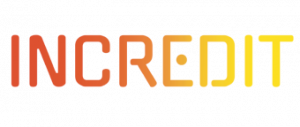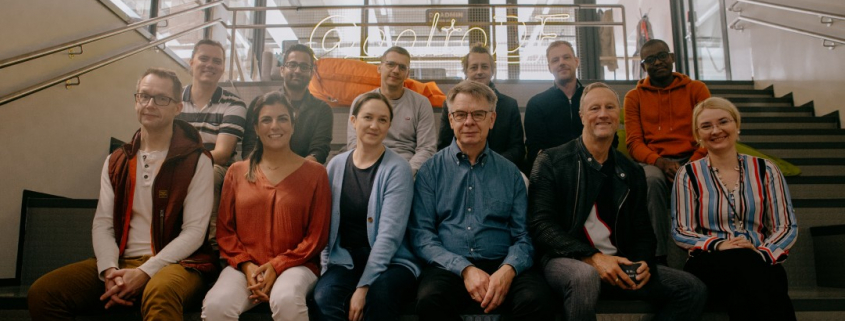A Brief Summary of INCREDIT Phase 1 at Aalto
Today, we had an excellent meeting with the EIT HEI Initiative team and our Project Officers, and we’re excited to announce that now, at the end of Phase 1, the INCREDIT consortium has been able to not only match, but will surpass, all of the KPIs that we had set out for our project in Phase 1 as part of the EIT HEI Initiative towards boosting the innovation and entrepreneurial capacities of universities across Europe! Our consortium brings together five universities from three different countries (Finland: Aalto University, Hanken School of Economics, Vaasa University of Applied Sciences; Sweden: Umeå University; and Spain: Universidad Internacional de La Rioja), as well as a wide range of public, private, and non-governmental organizations and institutions.
In INCREDIT, we have championed and advocated for an interdisciplinary approach towards deep tech education, aiming to make the deep tech industry more approachable, not just for technical students, but also for design and business students. As such, our courses have been focusing upon the interdisciplinary collaboration amongst the students to help them create novel solutions towards existing challenges. Many of our courses and training have utilized an experiential, and practice-based approach, allowing us as HEIs to partner students with real life industry start-ups and organizations, with the aim of decreasing the gap for the students between their studies and subsequent employment.
At Aalto, we’ve had three different types of deep tech and innovation education experiments in the past few months:
- Using generative AI to reflect on innovation opportunities. The Radical Creativity Summer School focused on reflecting on and experimenting with different approaches to radical creativity and creative collaboration. One part of this included examining generative AI and its influence on markets and innovation processes. Students worked with industry partners to reimagine the future of professional belonging and sustainable energy. This included for example using ChatGPT and Midjourney to create and iterate future scenarios and solution concepts. In addition to compelling communication, the session focused on recognizing biases in generative AI and designing for inclusive futures, reflecting on what kind of assumptions and depictions AI offered and how this corresponded to desirable futures.
- Combining deep tech capabilities with generative AI in development processes. In engineering education, students already learn about a range of deep technologies such as Robotics, Internet of Things, and Electronics. However, our graduates will also need to understand how to apply such capabilities in developing new solutions. The Methods for Early Product Development -course teaches the students how to navigate the fuzzy front end of product development to define problems worth solving and to come up with products worth making. Every year the course addresses the “winds of change”, and this year the focus was on the transformative nature of AI to the field of product development both in how to use generative AI as a part of the product development process, and how AI might transform the field in the future.
- Partnering interdisciplinary student teams up with deep tech startups. In the “IDBM Industry Project, two student teams, consisting of business, design, and technology master’s students, have been paired with two, exciting early-stage startups operating in the deep tech fields of Biotechnology and New Materials. Our student teams will be working closely on developing new business opportunities, exploring new markets, and working closely with the founding teams of two Finnish startups, Onego Bio and Woamy. Now, over the next 6 months, our students will apply their design thinking and entrepreneurial skills towards this real life case, with us, as the educators, getting a first-hand glimpse into whether such collaborations can lead to fruitful results, both on the educational, as well as the business and societal frames.
As a whole, we could not be more proud of the achievements of the INCREDIT consortium, as in a little over six months, we have been able to support 2 startups, train more than 500 students in topics relating to deep-tech and entrepreneurship, conduct various trainings and mentoring for over 100 academic and non-academic staff on topics like the use of AI in education, and 1 exciting partnership slowly being developed with our Cohort 2 project C-ACCELERATE.





